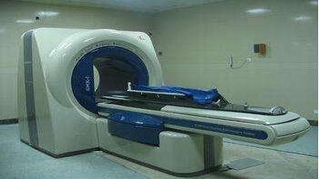非甾體抗炎藥(NSAIDs)是目前最廣泛的處方藥之一,,胃腸道(GI)的毒性仍然是NSAIDs類藥物最大的問題,。其中,選擇性COX-2抑制劑的發(fā)展是由于選擇性抑制COX-2可能會(huì)減少胃腸道副作用,。然而,,由于長(zhǎng)期使用非甾體抗炎藥可能導(dǎo)致副作用,目前對(duì)于選擇性COX-2抑制劑的研發(fā)熱情已經(jīng)減少,。近年來(lái),,出現(xiàn)了一些新的方法來(lái)開發(fā)適合胃腸道的NSAIDs,并且取得了一些非常有前景的結(jié)果,。發(fā)表于2015年3月的《藥物研究綜述》(Medicinal Research Reviews)雜志的一篇文章,,對(duì)過去的二十年中開發(fā)非甾體抗炎藥的方法和策略進(jìn)行了綜述,同時(shí)對(duì)目前設(shè)計(jì)和開發(fā)更安全的非甾體類抗炎藥的方法進(jìn)行了總結(jié),。
參考文獻(xiàn):Suthar, SK et al. Medicinal Research Reviews 2015;35(2):341–407.
英文鏈接:Recent Developments in Chimeric NSAIDs as Safer Anti-Inflammatory Agents.
http://onlinelibrary.wiley.com/doi/10.1002/med.21331/full
Recent Developments in Chimeric NSAIDs as Safer Anti-Inflammatory Agents
原文摘要:
NSAIDs are among the most widely prescribed medications across the world, but the gastrointestinal (GI) toxicity still remains the biggest problem and the challenge for current NSAIDs-based therapeutics. The development of selective COX-2 inhibitors was driven by the assumption that selective inhibition of COX-2 would reduce the GI side effects. However, the initial enthusiasm for selective COX-2 inhibitors has faded away due to the emergence of serious side effects associated with the long-term use of these NSAIDs. In the recent years, a number of novel approaches to develop gastrosparing NSAIDs have been explored with the promising results. This review deals with such approaches and strategies that have been employed in the last two decades and are being used currently in the design and development of safer NSAIDs.







